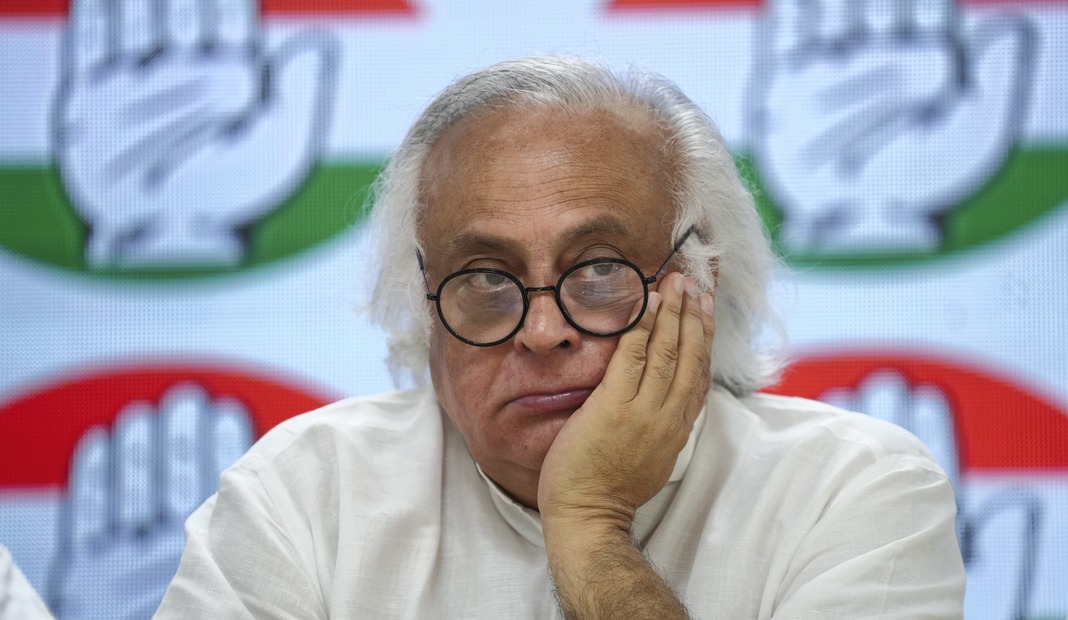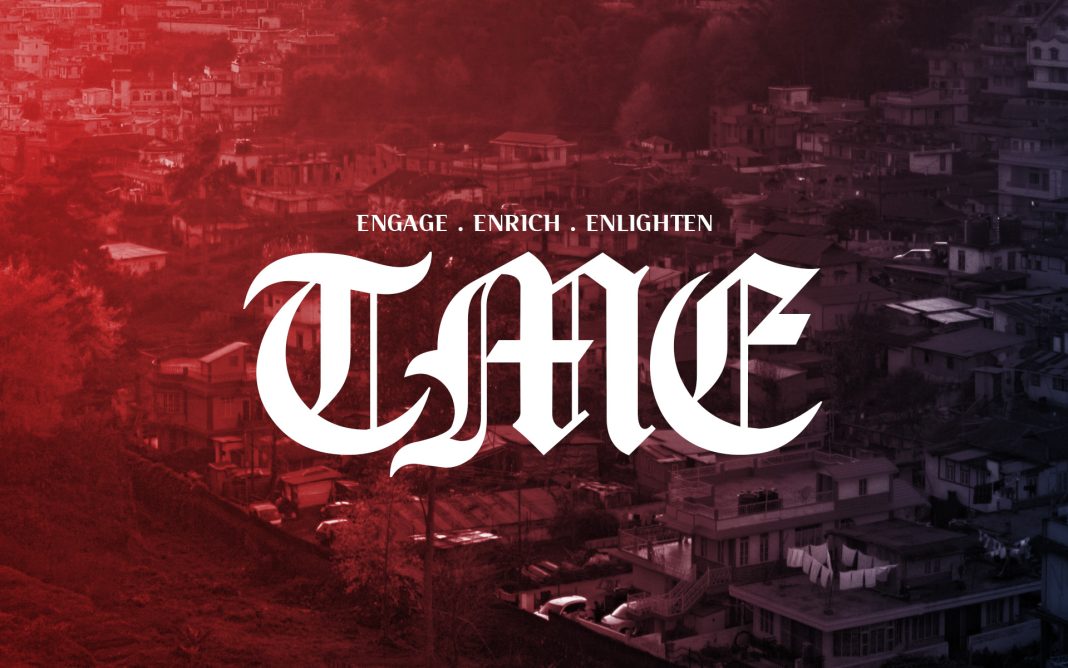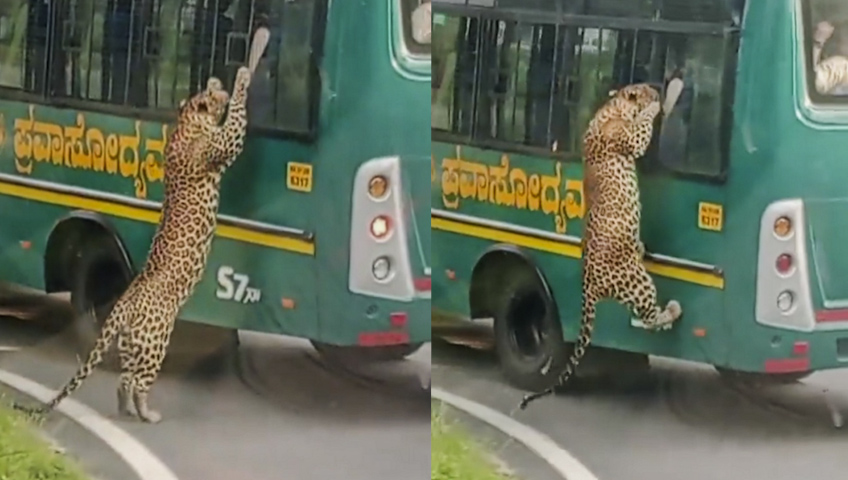New Delhi, Dec 8: Attacking the government over its statement in Parliament on India-China ties, the Congress on Sunday asked whether the Modi government has agreed to a “new normal” over the “old normal” prevailing prior to April 2020 and demanded that Parliament must be given an opportunity to debate the full gamut of the relationship between the two countries.
Congress general secretary in-charge communications Jairam Ramesh said a discussion in Parliament on India-China relationship should focus on both strategic and economic policy, especially since our dependence on China has increased economically, even as it unilaterally changed the status quo on our borders over four years back.
In a statement, Ramesh said the Congress has studied the recent suo motu statement made by External Affairs Minister S Jaishankar in both Houses of Parliament titled “Recent Developments in India’s Relations with China”.
It is unfortunate, but typical of the Modi government, that MPs were not permitted to seek any clarifications, he said.
While “fully appreciating” the sensitive nature of many aspects of India-China border relations, he said the Congress has four pointed questions on the statement issued by the Modi Government.
Ramesh noted that the statement claims that “the House is well aware of the circumstances leading up to the violent clashes in Galwan Valley in June 2020”, and pointed out that it is an unfortunate reminder that the very first official communication to the nation on this crisis came on June 19, 2020 when the PM provided a clean chit publicly to China and falsely stated “Na koi hamari seema mein ghus aaya hai, na hi koi ghusa hua hai”.
“Not only was this an insult to our fallen soldiers but it also weakened India’s position in subsequent negotiations. Whatever prompted the PM to make this assertion?” Ramesh said.
“On October 22, 2024 Chief of Army Staff General Upendra Dwivedi restated India’s longstanding position: ‘As far as we are concerned, we want to go back to the status quo of April 2020… thereafter we will be looking at disengagement, de-escalation and normal management of the LAC’.
However, the Ministry of External Affairs statement following the 32nd meeting of the Working Mechanism for Consultation & Coordination on India-China Border Affairs (WMCC) on 5 December 2024 stated that ‘the two sides positively affirmed the implementation of the most recent disengagement agreement which completed the resolution of the issues that emerged in 2020’,” Ramesh pointed out.
Does this not reveal a shift in our official position, he asked.
The EAM’s statement in Parliament stated that in a few other places where friction occurred in 2020, steps of a temporary and limited nature were worked out, based on local conditions, to obviate the possibility of further friction”, he noted.
Ramesh claimed that this clearly refers to so-called “buffer zones” to which our troops and livestock herders are “denied access” that they previously had.
“These statements taken together suggest that the MEA is accepting a settlement that does not return the LAC to the April 2020 status quo as desired by the Army and the nation. Is it not clear now that the Modi government has agreed to a new status quo and agreed to live with the ‘new normal’ after the ‘old normal’ prevailing prior to April 2020 was unilaterally disturbed by China?” Ramesh said.
Why has the Chinese government yet to corroborate any details about the disengagement in Depsang and Demchok, he asked.
“Have traditional grazing rights for Indian livestock herders been restored? Will there be unfettered access to our traditional patrolling points? Have the buffer zones ceded during previous negotiations been taken back by India?” he said.
The Congress reiterates the demand it has been making for the past few years–that Parliament must, to reflect a collective national resolve, be given an opportunity to debate the full gamut of the India-China relationship, he asserted.
“This discussion should focus on both strategic and economic policy, especially since our dependence on China has increased economically, even as it unilaterally changed the status quo on our borders over four years back,” Ramesh said.
His remarks come days after Jaishankar said India is committed to remaining engaged with China to find a fair and mutually acceptable settlement of the boundary issue. However, he made it clear that its ties with Beijing will be contingent upon strictly respecting the sanctity of the LAC and adhering to the pacts on border management with no attempt to unilaterally alter the status quo.
Making a statement in the Lok Sabha on Tuesday in which he articulated three key principles for engagement with China, External Affairs Minister Jaishankar said the disengagement of troops has been achieved in “full” in eastern Ladakh through a step-by-step process, culminating in Depsang and Demchok.
India now expects the commencement of talks on remaining issues that it had placed on the agenda, he added.
Jaishankar had said the conclusion of the disengagement phase now allows “us to consider other aspects of the bilateral engagement in a calibrated manner, keeping our national security interests first and foremost”.
Jaishankar made the statement in Rajya Sabha the next day. (PTI)




